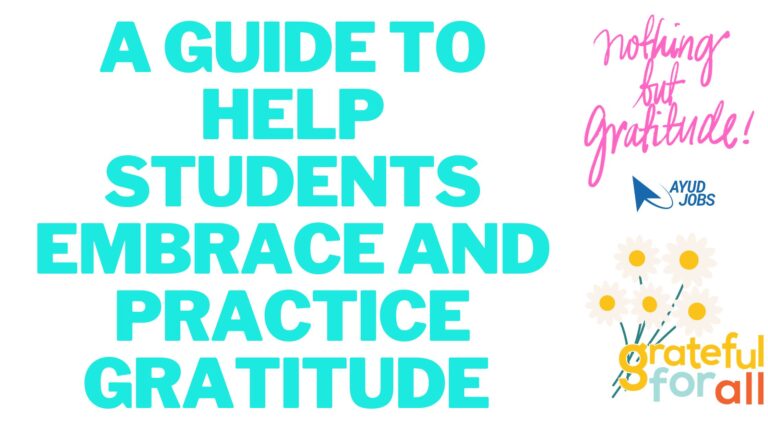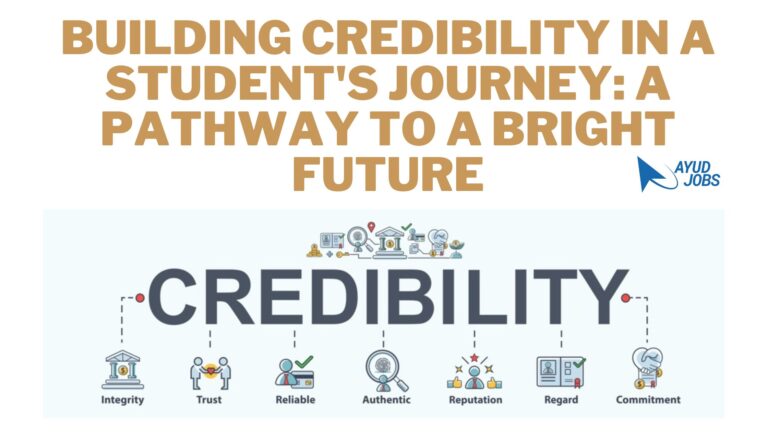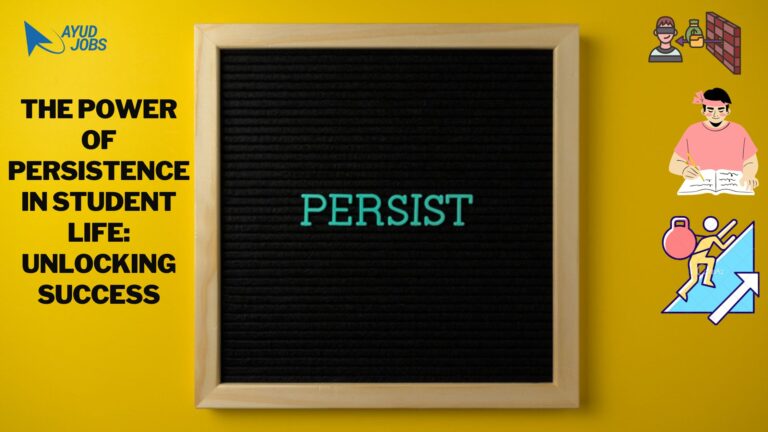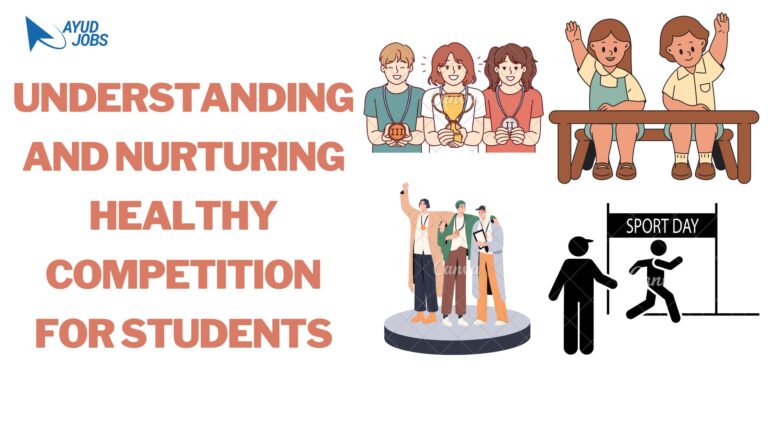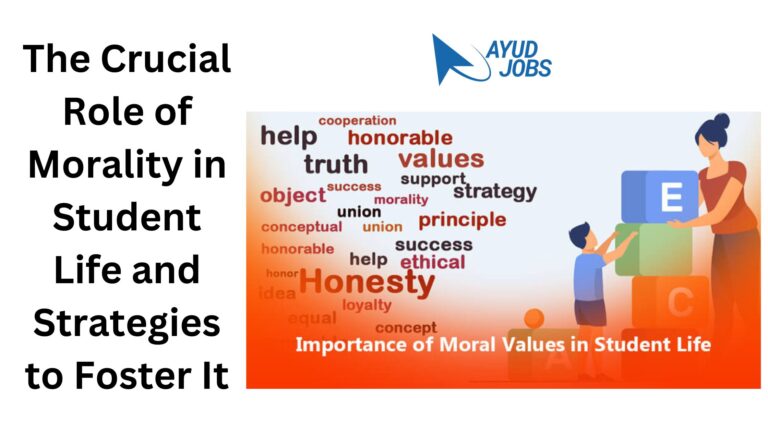Teaching Valuable Life Lessons: Perseverance, Strategy, and Nurturing Talent
1 0 Teaching Valuable Life Lessons: Perseverance, Strategy, and Nurturing Talent Life is a journey filled with challenges, opportunities, and lessons. Among the many valuable lessons we learn, perseverance, strategy, and nurturing talent stand out as essential skills that can significantly impact our personal and professional lives. These qualities are not just innate abilities but…








